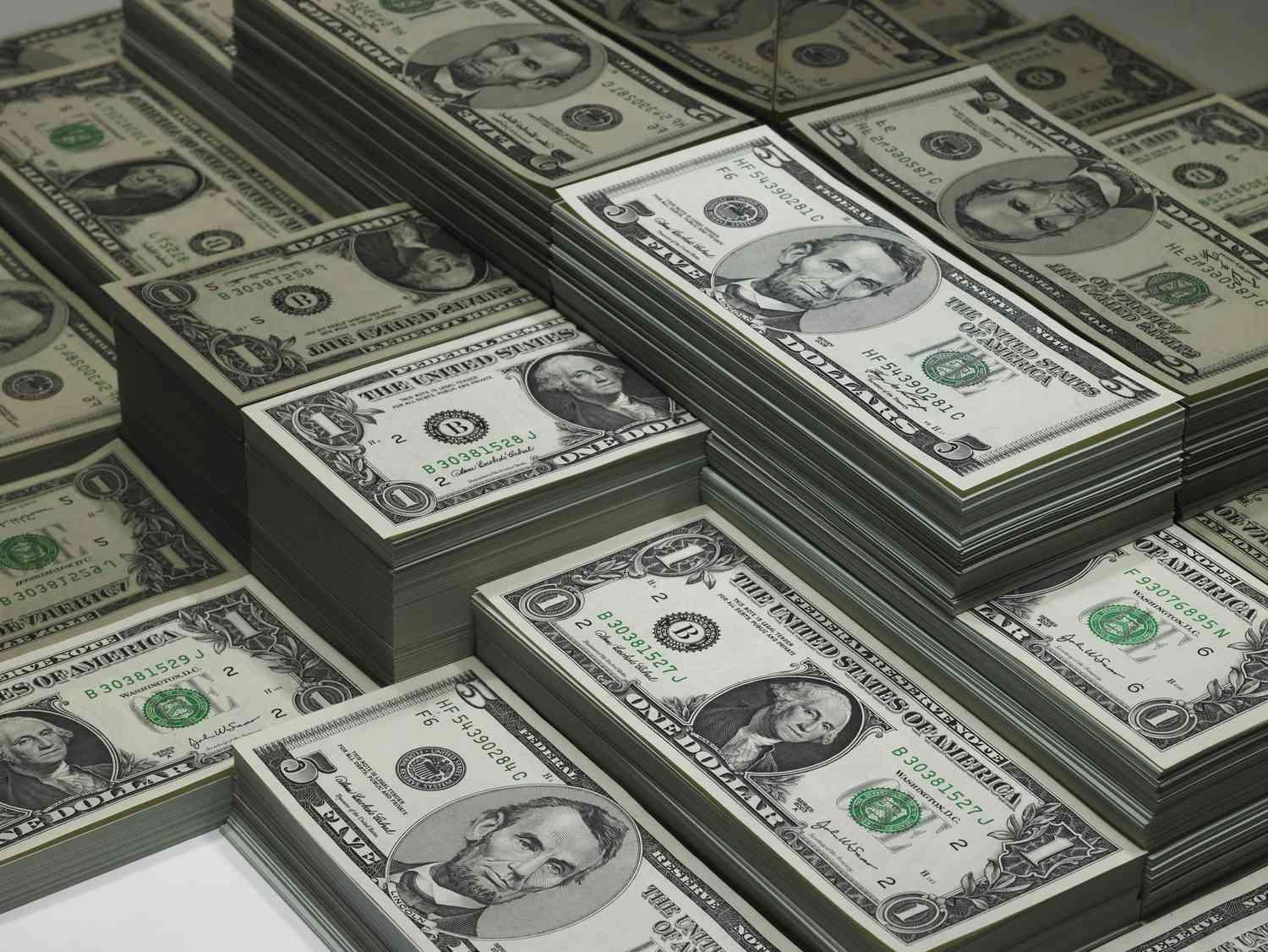Africa-Press – Tanzania. Dr Suleiman Missango, the BoT’s director of research and economic policies said yesterday that people should not panic, because the central bank has sufficient foreign exchange reserves, within the monetary policy targets.
He called for the good use of available foreign exchanges in the market, by only importing necessary goods and services that are not locally available.
Ongoing war between Russia and Ukraine, COVID-19 pandemic and climate change are the main factors causing US dollar shortages in Tanzania and other developing economies, as investors in financial markets are shifting to the US market’s fixed assets, due to the rising interest rates.
As of May this year, the central bank had foreign exchange reserves amounting US$4.9 billion, which are sufficient to cover 4 months of imports of goods and services, with expectation of increasing due to expected earnings from peak tourism season between July and September as well as exports of traditional goods.
At the end of April 2023, the central bank reported the foreign exchange reserves amounted to US$4.8 billion.
“Apart from the US dollar shortages, we are still better and we expect further improvement of foreign currency inflows,” he said during his meeting with editors yesterday.
Dr Missango said the central bank is currently selling US$2 million on daily basis through Interbank Foreign Exchange Market (IFEM) in order to offset the US dollar shortages in the economy.
However, the central bank will also conduct regular assessments to ensure that the move doesn’t affect local currency liquidity in the market, during economic recovery.
According to Dr Missango, the country is expected further US dollar inflows as tourism peak season is getting closer,as well as exports ofcash crops including tobacco, coffee, tea, cotton and cashewnuts, of which they injected a total of US$765 million during the year ending April.
The slowdown of global commodities prices including oil, which accounts for a quarter of the country’s total import bill, wheat and fertilizers are also expected to reduce the US dollar demands for imports.
Dr Missango mentioned other measured used by the central bank to maintain the stability of foreign exchange reserve as currency swap from commercial bank and expected purchasing of gold valued US$280 million per year and until now, a total of 478 kilogrammes of gold have been purchased from the government.
The BoT is also selling its Kwacha deposits with the central bank of Zambia, of which were raised through a memorandum of Understanding (MoU) signed to facilitate trade movement between two countries, of which Tanzania is currently exporting more to Zambia that imports.
Other measures include ongoing implementation of less accommodative monetary policy measure targeting to ensure stable inflation and shilling liquidity, increased lending to private sectors to spur growth of economic activities.
The licensing of more bureau de changes is also on card to ensure increased availability of foreign exchange services including hotels.
On May this year, BoT issued directives o foreign exchange operations by s reviewed the foreign exchange market operations in consideration of the current market development to foster macroeconomic stability and safeguard the stability ofthe financial system in the country.
It directed that all foreign exchange transactions exceeding US$1 million per transaction in the retail market shall at all times, be traded within the interbank foreign exchange market prevailing quoted prices.
“All transactions of a single customer in a day shall be summed up for the purpose of determining this amount,” the directives read.
The central bank has also directed that trading of foreign exchange with international foreign currency brokers who are not licensed in the United Republic of Tanzania is strictly prohibited.
For More News And Analysis About Tanzania Follow Africa-Press







